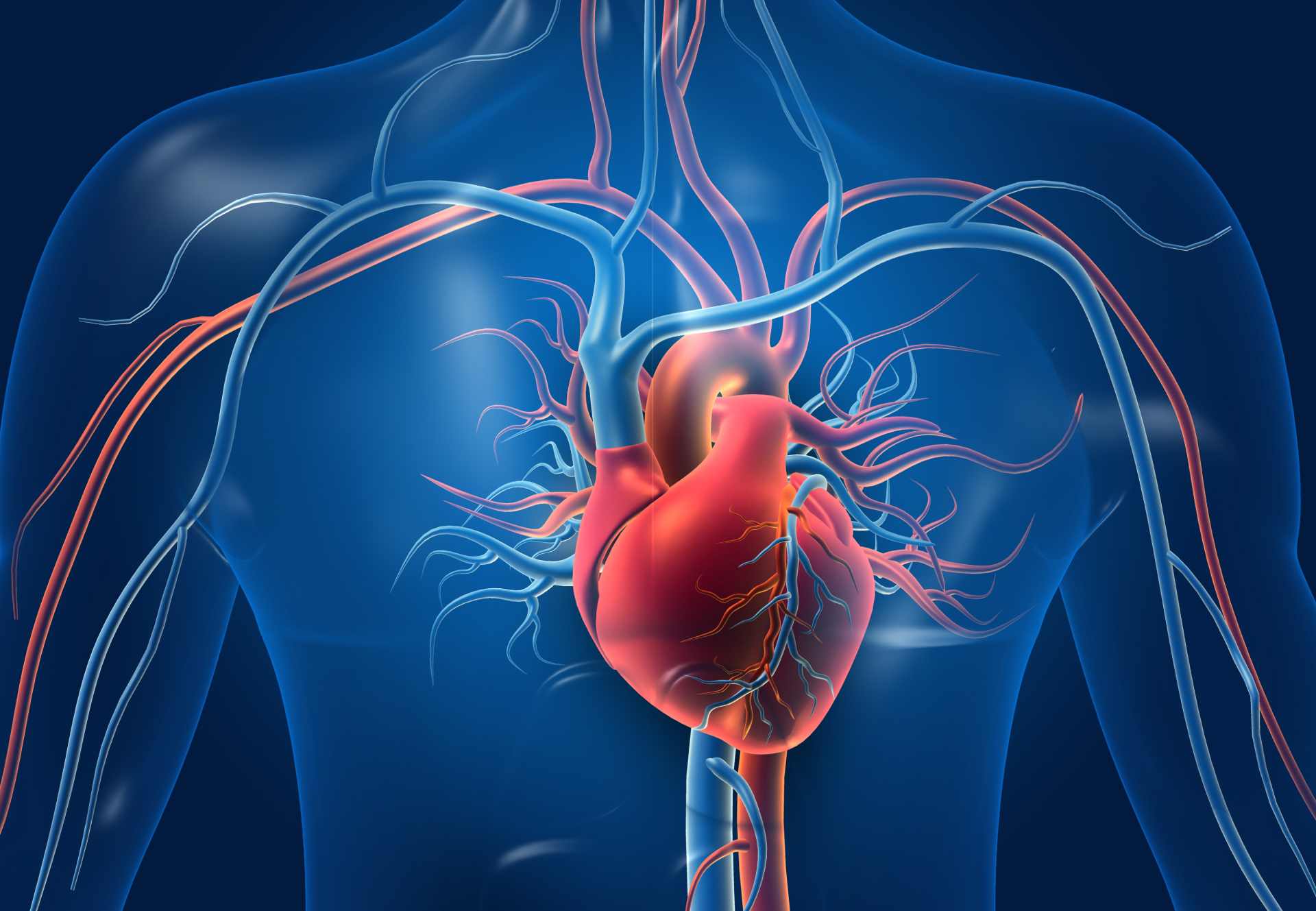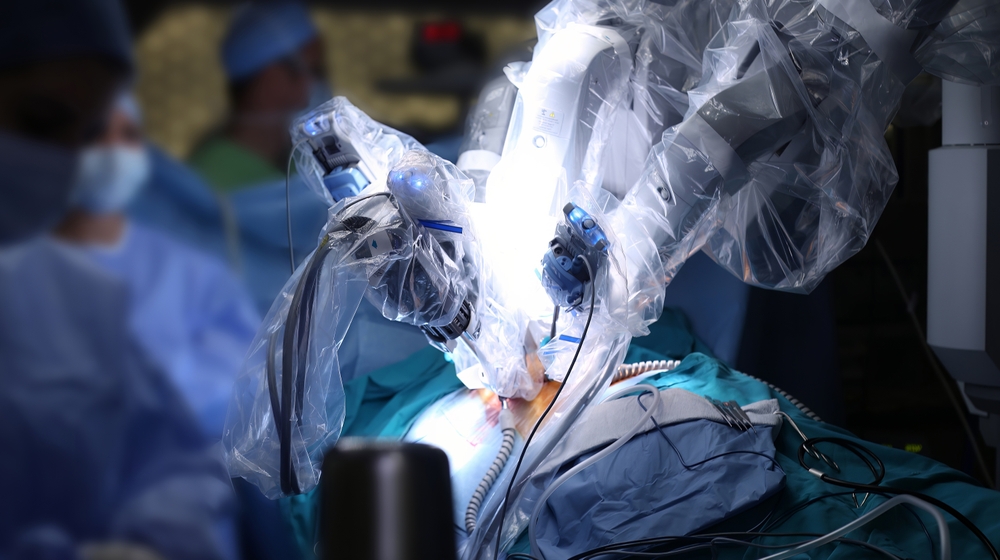
How Safe Is Bypass Surgery for Diabetic Patients?
Can A Diabetic Patient Undergo Heart Surgery?
Overview
Blood glucose serves as the primary energy source for all the body cells. If the blood glucose concentration increases more than the normal level, the condition is called diabetes. It is a chronic condition without a permanent cure, but it can be controlled with proper medicines. Over time, diabetes can increase the risk of heart disease by negatively impacting the blood vessels and other vital organs.
Introduction
Diabetes and heart diseases are the two most common health problems today. Medical studies have proven that diabetic patients are more likely to develop heart problems. Diabetes is caused either due to hereditary factors, or unhealthy lifestyle habits. Diabetes can cause severe health impacts such as high blood pressure (hypertension), narrowing of arteries (atherosclerosis), nerve damage, kidney problems, delayed wound healing, and more. Patients who have blocked arteries are recommended to undergo angioplasty or bypass surgery to restore the blood flow to the heart. Coronary Artery Bypass Graft (CABG) is one of the most common heart surgeries amongst heart patients.
Type of Diabetes
There are three types of diabetes -
- Type I Diabetes
- Type II Diabetes
- Gestational diabetes (during pregnancy only)
Type II diabetic patients are more prone to heart diseases, from chest pains to heart failure. Timely diagnosis of heart diseases can help cardiologists discuss an appropriate treatment plan.
Risks and Complications
There are increased complications associated with heart surgeries of diabetic patients, such as:
- Infection during or after the surgery
- Delayed surgical wound healing process
- Fluid and electrolytes imbalance
- Kidney problems
- Higher chances of stroke and heart attack
- Tuberculosis or pneumonia
- Choice of anaesthesia can be problematic
- Diabetic ketoacidosis (elevated ketones or body acids)
- Sepsis (blood infection)
- Hyperosmolar Hyperglycemic Nonketotic Syndrome (HHNS), also known as diabetic coma.
The risk factors, however, must not stop you from the surgical cure. With proper communication with specialists, you can take precautionary measures to minimize the risks and complications.
Prevention and Risk Management
Diabetes is caused by both genetic and environmental factors. Performing angioplasty and bypass surgery for diabetic patients may be difficult; therefore, managing the potential risks before the surgery is a mandatory precautionary step. To some extent, we can prevent the onset of diabetes by maintaining an active and healthy lifestyle. If you are diagnosed with diabetes, follow the steps mentioned below:
- Consume the prescribed medicines
- Maintain a healthy body weight
- Eat healthy food
- Keep testing the blood sugar concentration regularly
- Inform your cardiologist about the type of diabetes and the medicines or other health issues (if any)
- Take the prescribed pre-surgical medicines on time
- Do not stop medicines without consulting your doctor
The doctor may give you insulin to maintain the sugar level throughout the surgery. Diabetes, after heart bypass surgery, can also cause infections and delayed wound healing. Therefore, the blood sugar level, body temperature, and wound incision must be checked regularly post-surgery.
Treatment
The treatment plan must be discussed thoroughly with your cardiologist and the diabetic specialist. The treatment works best when diabetes and heart-related symptoms are diagnosed on time. The drugs or combination of drugs are prescribed so that they do not interfere with diabetic and heart medicines. Depending on the diagnosis of your heart condition, it can be treated with oral medicines, angioplasty, or bypass surgery. Some medicines prescribed to control blood sugar concentration are:
- Biguanides (e.g., Metformin) - to reduce the glucose production in the liver
- Meglitinides (e.g., Starlix, Prandin) - to boost the pancreas to produce more insulin
- Sodium-Glucose Cotransporter-2 (SGLT2) Inhibitors (e.g., Farxiga) - to release more glucose into the urine to the main normal sugar level in the blood.
- Sulfonylureas (e.g., DiaBeta, Glucotrol, Glynase) - to trigger the pancreas to produce more insulin
If you are a diabetic patient suffering from heart disease, kindly book an appointment with a cardiologist to clear all your doubts and discuss an appropriate treatment plan.
Conclusion
Diabetes and heart diseases are a growing challenge in India. With the changing lifestyle and unhealthy living habits, the younger generation in the age group of the 20s is also suffering from diabetes. Without proper treatment, diabetes can affect other body organs like the heart, kidneys, brain, blood vessels, pancreas, etc. In case you are a heart patient, extra precautions must be taken to avoid the risks during heart surgery. Timely consultation and communication with your doctor will help in risk management before, during, and after the heart surgery.






